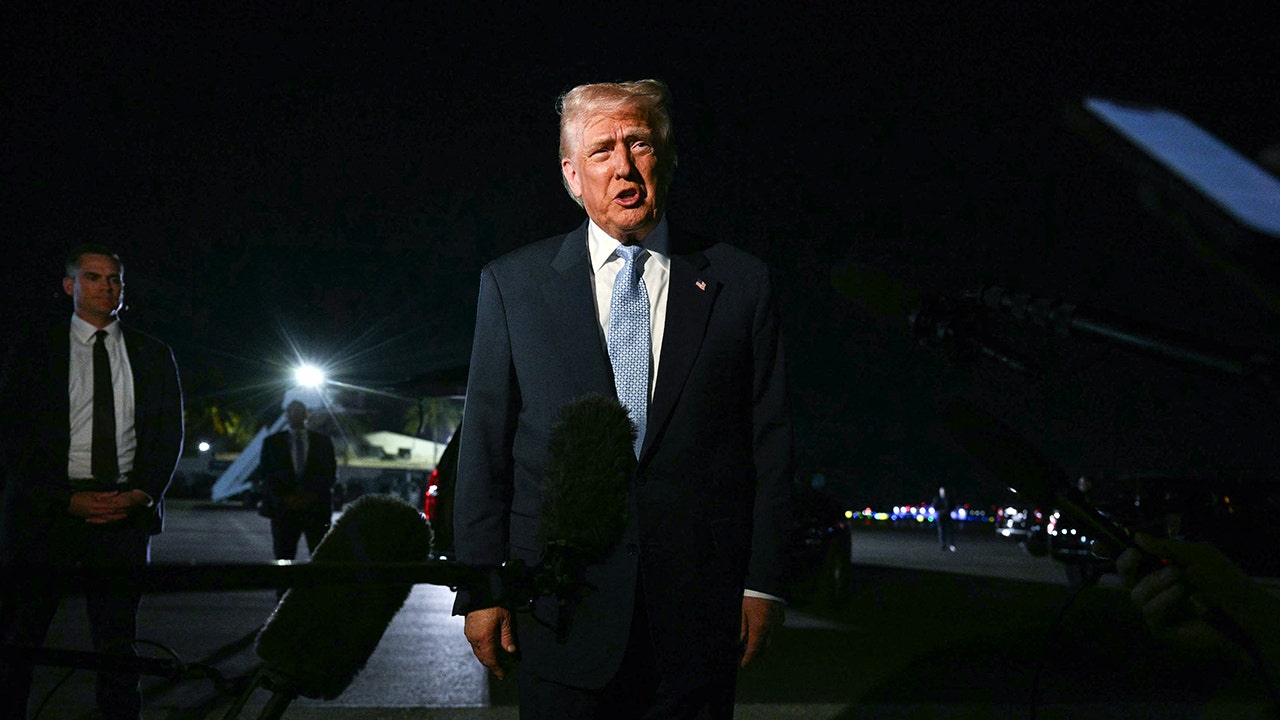The EUR/CAD cross loses traction to around 1.6275 throughout the early European session on Monday. However, the prospective disadvantage for the cross may be restricted amidst the mindful position by the European Reserve Bank (ECB). The Canadian Customer Rate Index ( CPI) inflation information for October will be the emphasize later Monday.
Numerous ECB policymakers showed that there was no requirement to change rate of interest offered present financial conditions. ECB Governing Council Member Olli Rehn warned that the threat of slowing inflation must not be neglected, though upside dangers stay. Rehn highlighted the requirement for strong bank buffers and a watchful policy position.
On the other hand, ECB policymaker and Guv of the Reserve Bank of Latvia Mārtiņš Kazāks stated on Friday that there is no requirement to change rate of interest in the present scenario. The reserve bank will stay watchful to any significant modification and will change rates if required. Markets are now pricing in less than a 50% possibility of another cut by July 2026, and a really low 4% chances for the December 2025 conference, according to Reuters.
Russia’s Novorossiysk port resumed oil loadings on Sunday after a Ukrainian strike recently resulted in some damage and a suspension of operations for 2 days. The resumption of operations reduces issues about an interrupted oil supply and weighs on the Canadian Dollar (CAD), which is likewise greatly affected by petroleum rates. It deserves keeping in mind that Canada is a significant oil exporter, and lower unrefined oil rates tend to have an unfavorable effect on the CAD worth.
Euro Frequently Asked Questions
The Euro is the currency for the 20 European Union nations that come from the Eurozone. It is the 2nd most greatly traded currency on the planet behind the United States Dollar. In 2022, it represented 31% of all forex deals, with a typical day-to-day turnover of over $2.2 trillion a day.
EUR/USD is one of the most greatly traded currency set on the planet, representing a projected 30% off all deals, followed by EUR/JPY (4%), EUR/GBP (3%) and EUR/AUD (2%).
The European Reserve Bank (ECB) in Frankfurt, Germany, is the reserve bank for the Eurozone. The ECB sets rate of interest and handles financial policy.
The ECB’s main required is to preserve cost stability, which indicates either managing inflation or promoting development. Its main tool is the raising or decreasing of rate of interest. Fairly high rate of interest– or the expectation of greater rates– will typically benefit the Euro and vice versa.
The ECB Governing Council makes financial policy choices at conferences held 8 times a year. Choices are made by heads of the Eurozone nationwide banks and 6 irreversible members, consisting of the President of the ECB, Christine Lagarde.
Eurozone inflation information, determined by the Harmonized Index of Customer Costs (HICP), is a crucial econometric for the Euro. If inflation increases more than anticipated, specifically if above the ECB’s 2% target, it requires the ECB to raise rate of interest to bring it back under control.
Fairly high rate of interest compared to its equivalents will typically benefit the Euro, as it makes the area more appealing as a location for worldwide financiers to park their cash.
Information launches evaluate the health of the economy and can effect on the Euro. Indicators such as GDP, Production and Solutions PMIs, work, and customer belief studies can all affect the instructions of the single currency.
A strong economy benefits the Euro. Not just does it draw in more foreign financial investment however it might motivate the ECB to set up rate of interest, which will straight reinforce the Euro. Otherwise, if financial information is weak, the Euro is most likely to fall.
Economic information for the 4 biggest economies in the euro location (Germany, France, Italy and Spain) are specifically substantial, as they represent 75% of the Eurozone’s economy.
Another substantial information release for the Euro is the Trade Balance. This sign determines the distinction in between what a nation makes from its exports and what it invests in imports over an offered duration.
If a nation produces extremely demanded exports then its currency will acquire in worth simply from the additional need developed from foreign purchasers looking for to acquire these items. For that reason, a favorable web Trade Balance enhances a currency and vice versa for an unfavorable balance.
Source: FXstreet.
























